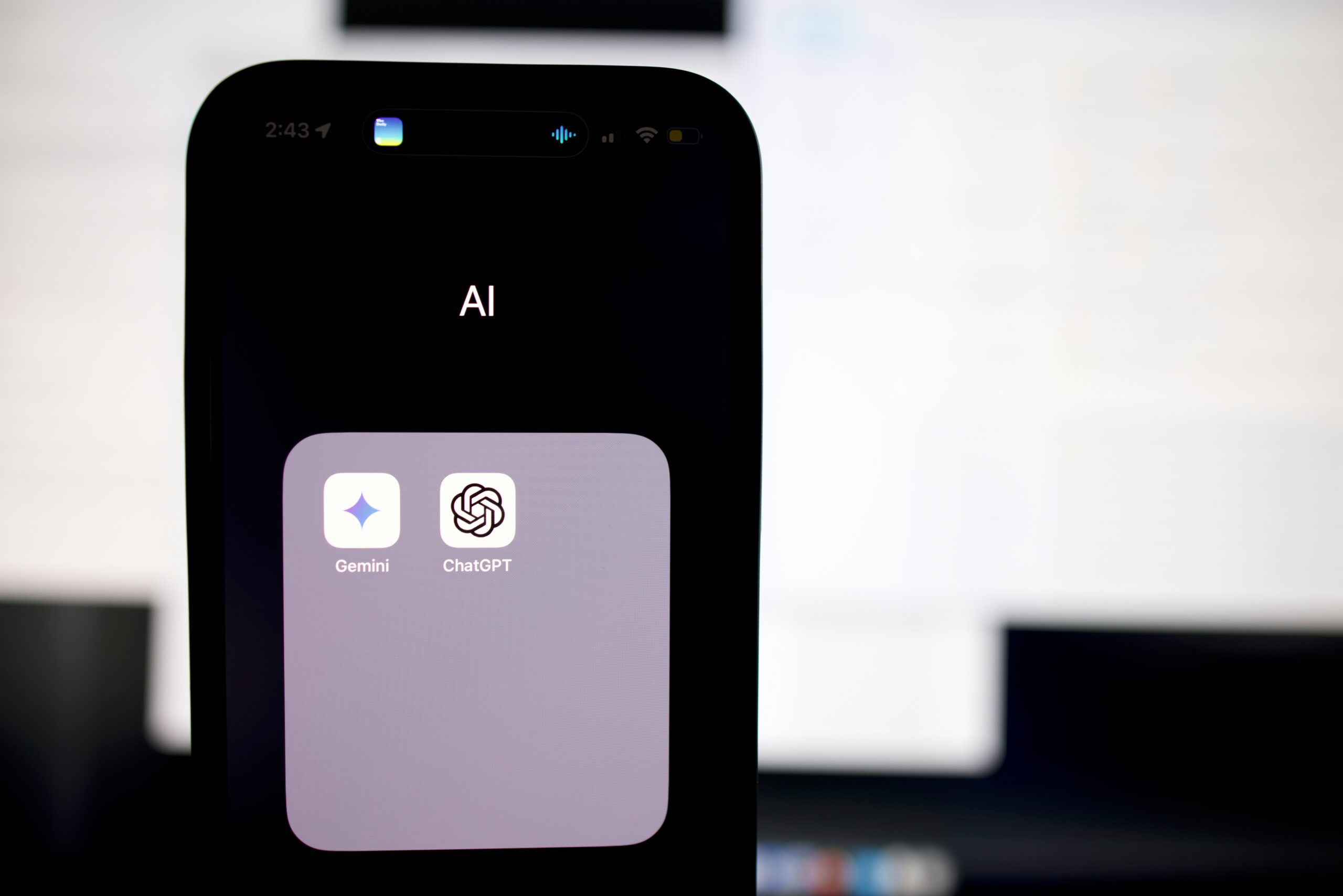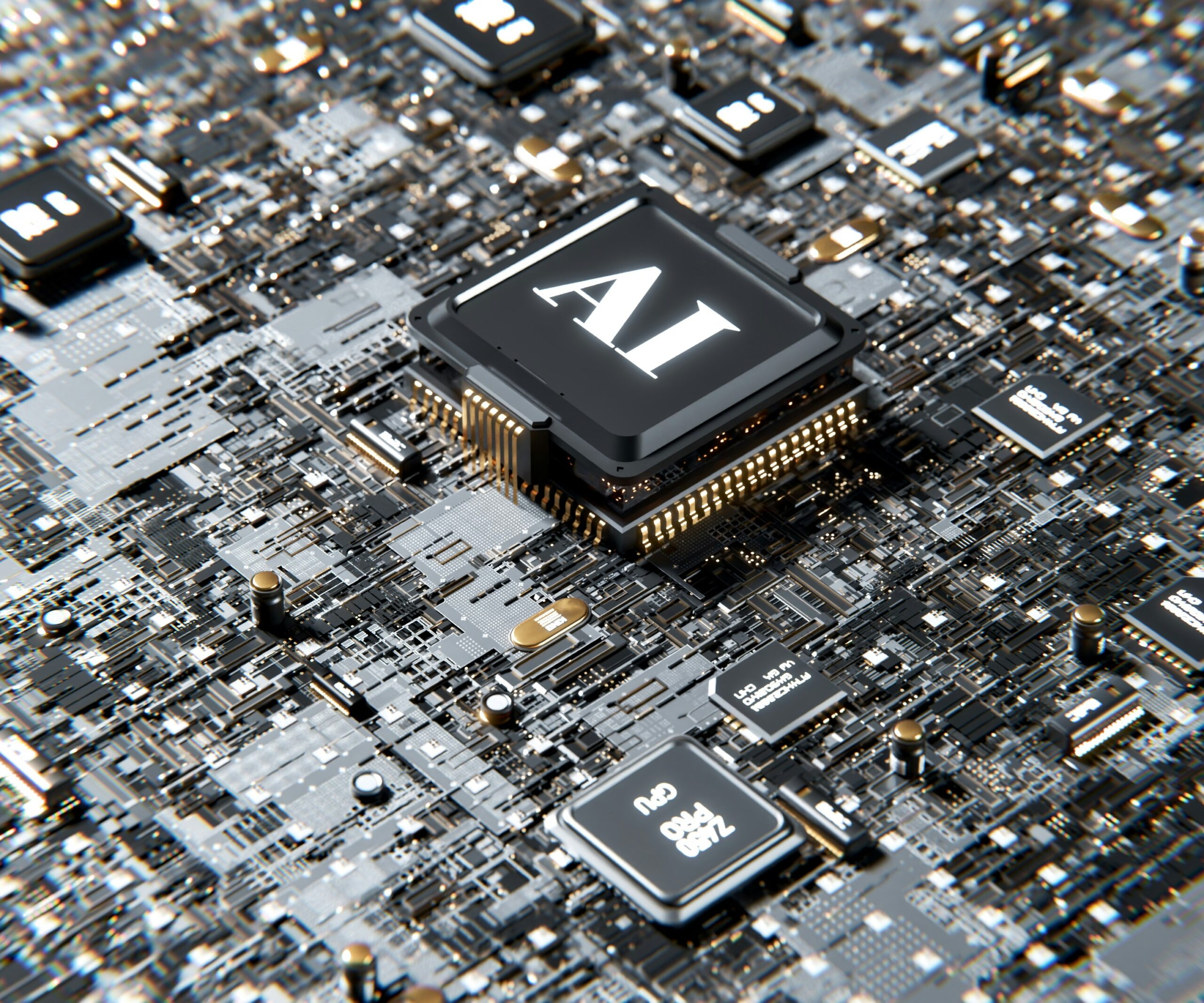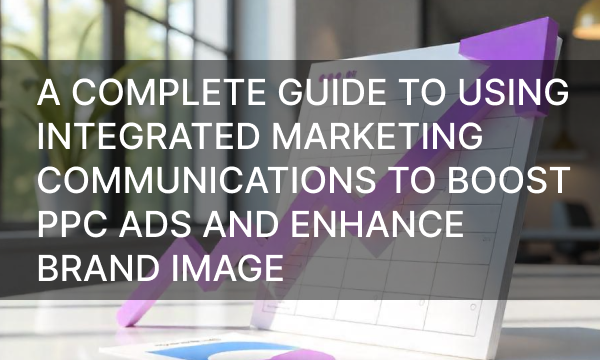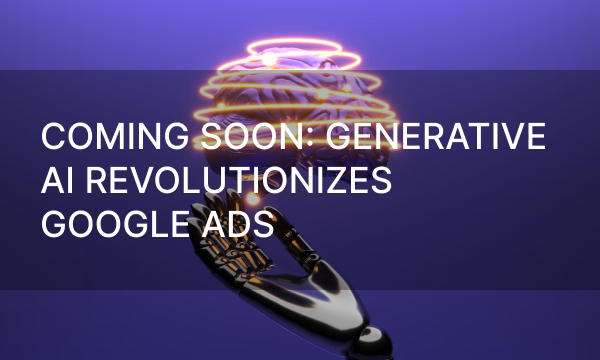Introduction to the current state of search engine results pages and PPC ads, and the potential of generative AI to revolutionize them
The fiercely competitive digital landscape of search engine results pages and pay-per-click ads demands businesses to compete for visibility and conversions. Organic search results drive SERP, with featured snippets and precise results becoming increasingly prominent. PPC ads provide immediate visibility and targeted traffic, but require ongoing expenses. Generative AI can improve the relevance and quality of search results by delivering clear and relevant responses, and automate the generation of featured snippets, enhancing user engagement and satisfaction.
Generative AI empowers businesses to create personalized content, refine targeting strategies, and maximize campaign performance and ROI. By harnessing this technology’s ability to generate unique creatives, brands can captivate audiences, drive conversions, and stay ahead of the curve in the digital landscape. The future of online search and advertising is set to redefine how we interact with search results and perceive PPC ads, ushering in a new era of dynamic and personalized user experiences.
The convergence of generative AI with SERP and PPC ads promises to revolutionize online experiences for both users and businesses. In this article we’ll explore how generative experience will reshape the search landscape, redefine user interactions, and create innovations for targeted ads. Prepare for a future where search results dynamically adapt to individual needs, ads seamlessly blend into organic content, and the distinction between human and AI-created content becomes increasingly blurred. Read on to navigate your way through the possibilities and challenges of this era.
Understanding Chat-Based Search
 Photo by Solen Feyissa on Unsplash
Photo by Solen Feyissa on Unsplash
Chat-based search bridges the gap between the conversational flow of chat applications and the rich information retrieval capabilities of search engines. This technology empowers users to interact with search engines in a more natural, human-like way. Instead of relying on keywords or common search phrases, users can formulate queries in conversational language, as if they were engaging in a text-based dialogue with the search engine itself. This shift allows for a more intuitive and dynamic search experience, similar to interacting with a digital assistant like Alexa.
Chat-based interactions enhance search by enabling dynamic exchanges. Users can ask follow-up questions, seek clarifications, or delve deeper into topics. For example, an initial query may include ‘Opening hours of nearby Italian restaurants with gluten-free menu’. Search engines use advanced natural language processing and machine learning algorithms to recognise these conversational inputs. They analyze the contextual and detailed speech aspects to deliver relevant responses that match the user’s intent.
Generative AI excels at creating unique responses, going beyond just searching databases. By analyzing vast amounts of data – from books to websites – during its training, it develops a deep understanding of patterns and structures of language. When faced with a request, it doesn’t simply spit out information, but generates a customized answer based on its learned knowledge. Chat-based search leverages this power, enabling users to interact with search engines through natural dialogue.
The advent of chat-based search changed human-information interaction. This emerging technology offers instant, personalized assistance in many fields, like customer service, e-commerce, and healthcare. Chat-based search has transformed the user experience. It makes search more intuitive, efficient, and human-centered, ushering in an era where information search becomes effortless and profoundly tailored to individual needs.
Generative Search Results And Ads On Google
Google’s new generative search experience with a conversational interface at the top of search results pages is radically changing the user experience. This interactive element, dominating both mobile and desktop versions, pushes traditional ads and organic results further down the page. The conversational nature with suggested prompts readily available is potentially reducing the need to scroll down the page for additional information.
While this is beneficial for user engagement, it can lead to less exposure for ads and organic results. Adding ads to the generative search results, in addition to their current placements, creates more opportunities for advertisers. However, with less space above the fold, competition for prime ad positions is likely to intensify, driving up cost-per-click.
Today’s generative ads are a game-changer for businesses seeking to engage with customers in a highly personalized and interactive way. Using the power of Large Language Models, they overcome the limitations of traditional text-based campaigns, seamlessly integrating dynamic and contextually relevant content into organic search results. Advertisers can deliver highly targeted and engaging messages that resonate with users.
Generative Search Results And Ads On Bing
While Google’s integration of AI-powered chat into their search results has garnered significant attention, it’s not the first to embrace this technology. Microsoft’s Bing first offered ChatGPT-powered search back in February 2023. However, Bing’s implementation is less intrusive, appearing either as a sidebar or as a full-page interface accessed through a separate ‘chat’ tab.
While Google’s chat interface takes up a significant portion of its search results page, Bing’s implementation is more compact. Even in Bing’s full-screen chat mode, ads remain visible, giving advertisers access to prospects. Bing integrates AI-powered search in a way that complements, rather than replaces, traditional search results and advertising models.
On top of simply providing links, Bing is embracing the power of generative AI to transform search. Users can get insightful reviews, clear explanations, captivating stories, or even functional code in response to their prompts. By analyzing user context and search intent, Bing can tailor ad copy, images, and videos to each user, increasing engagement and relevance. Advertisers can use generative AI to automate creation of compelling campaigns, scaling their reach and impact. Bing provides a more intuitive user journey, setting itself as a leader in the ever-evolving search landscape.
Potential Impact On Ad Clicks
 Photo by Igor Omilaev on Unsplash
Photo by Igor Omilaev on Unsplash
Conversational search raises questions about its impact on classic search behavior. Will users ignore familiar search results and accompanying ads? Could there be a short-term ‘tunnel vision’ effect, where users focus on the conversational output, potentially reducing clicks on traditional ads? While this shift is possible, the overall conversion market should remain relatively stable. There will always be a constant demand for products and services, and many users will continue to rely on relevant search and ads.
Generative answers can dramatically influence search engine metrics such as impressions, CTR, and clicks. The shift lies in the way conversions are achieved – through conversational or traditional search. Bing’s advanced generative approach appears to be leaning towards integrating more ads while minimizing disruption to the conventional search results page. Given their reliance on ad revenue, Google and Microsoft are unlikely to change their current models to protect dominance against the spread of ChatGPT.
Ads Shifting To Other Search Tools
The rise of generative AI may lead to a shift in search engine usage. ChatGPT’s rapid adoption highlights the potential of this technology. Generative AI is expected to drive innovation in search tools, offering new avenues for question-asking. Moreover, this technological advancement presents opportunities for advertisers, with Microsoft expanding its ad network and introducing dedicated ad solutions for chat experiences.
Alternative search tools provide targeted solutions for advertisers seeking niche audiences. Vertical search engines cater to specific industries, while privacy-focused platforms prioritize user protection. Diversification of the search strategies gives an access to relevant audiences, broadens brand reach, and unlocks new optimization opportunities. Potential cost savings and increased flexibility help stay competitive in the digital ad landscape.
The New Running Ads Experience
The traditional methods of targeting with keywords, audiences, and ad assets will be extended to conversational AI experiences by both Google and Microsoft. When users interact with generative AI chatbots, their queries are converted into keywords, triggering the usual ad auction process. Using Microsoft’s implementation as an example, the chatbot tags the ‘Searching for:…’ section, revealing the keyword generated from the user’s query. The informational value of AI-generated ads is checked for correctness, so they may become a more trusted information source.
The combined power of generative AI, SERP, and PPC ads creates a self-reinforcing loop. AI-driven insights fuel more effective ads, while improved ad performance enhances AI’s understanding of user intent. This ongoing optimization consistently improves campaign performance, resulting in higher CTR, conversions, and ROI. Integrating generative AI into PPC strategies is a shift towards a data-driven approach.
Optimization Tips For Ads In Generative Results
In conversational search, users phrase questions differently. To optimize for this:
- Enable broad match keywords alongside Smart Bidding and Responsive Search Ads
- Ensure accurate conversion tracking to align ads with relevant conversations
- Prioritize high ad ranks as mobile devices, with limited screen space for ads, dominate usage
- Monitor search query data to prevent targeting unrelated queries
- Elevate ad ranks to increase the chances of ad impressions in conversational search with scarcer ad space
Optimizing ads for generative results calls for a sophisticated approach, as they are driven by complex algorithms and user intent:
- Tailor ad messages to the specific generative query, highlighting the unique value the product or service offers
- Avoid generic language and focus on specific benefits that align with the user’s needs
- Research popular generative queries and incorporate relevant keywords into ad copy and landing pages
- Utilize advanced targeting options, such as audience segments and interest categories, to reach users most likely to be interested in offers
- Explore interactive ad experiences, personalized recommendations, and placements directly within the generative results themselves
Conclusion
Imagine a digital realm where search engines speak to you in a sophisticated human language, delivering customized responses that go beyond simple keyword matches. Generative AI fuels the metamorphosis, empowering the engines to generate dynamic, contextual, and relevant search results. With its transformative power it unlocks unprecedented campaign efficacy. This symphony of AI-driven precision results in both CTR and ROI skyrocketing.
Generative AI personalizes search and ads, tailoring messages and visuals to match user intent and browsing history. This level of customization drives better user engagement and conversion. The horizons of generative AI for SERP and PPC ads are expanding, promising a more intuitive, seamless, and personalized digital landscape for both users and businesses.
The rise of conversational search is reshaping the customer journey, changing the way consumers interact with brands. As Microsoft and Google continue to develop their generative search experiences, it’s crucial to stay at the forefront of innovation. Evolving your PPC strategies to align with these emerging trends will enable you to capitalize on the unique opportunities presented by this dynamic evolution in search.


